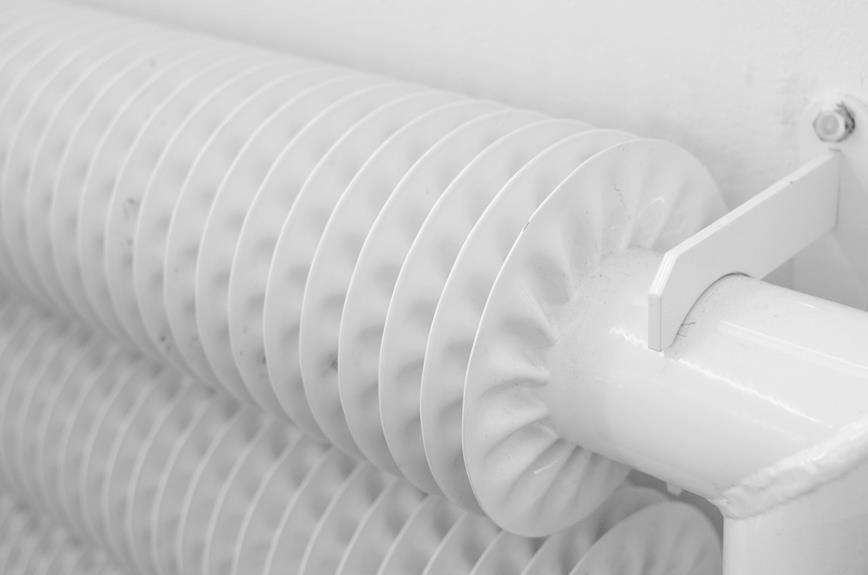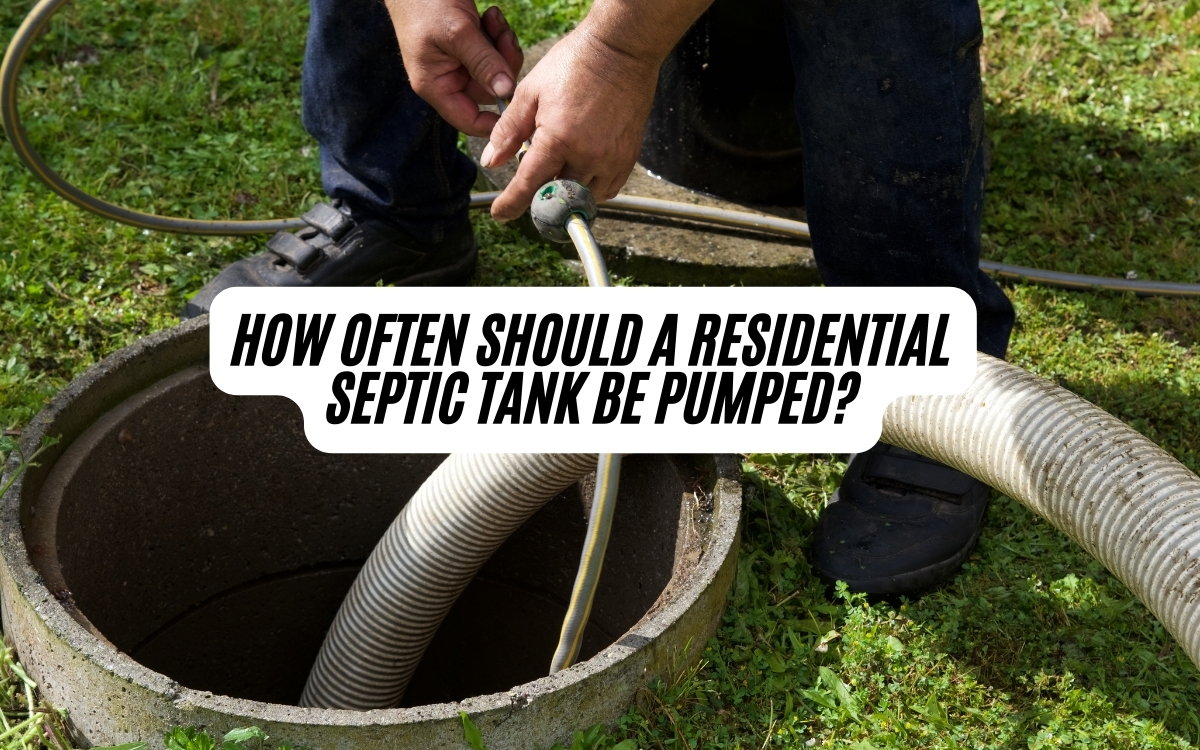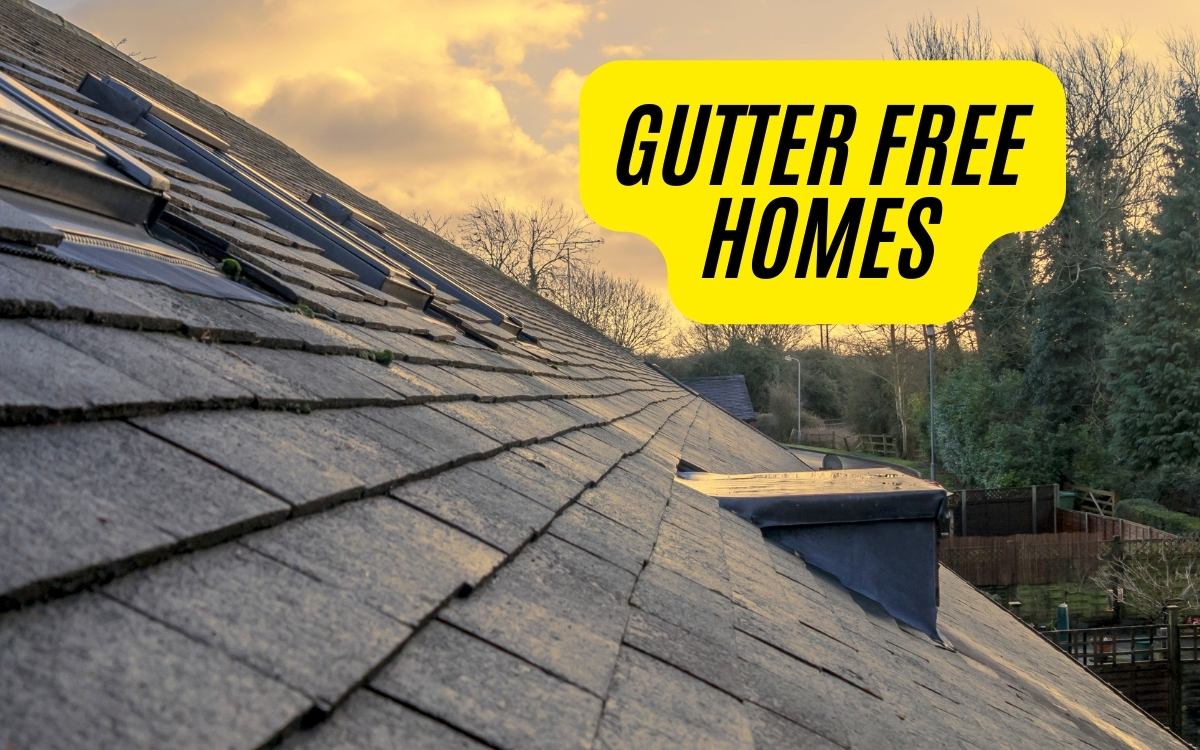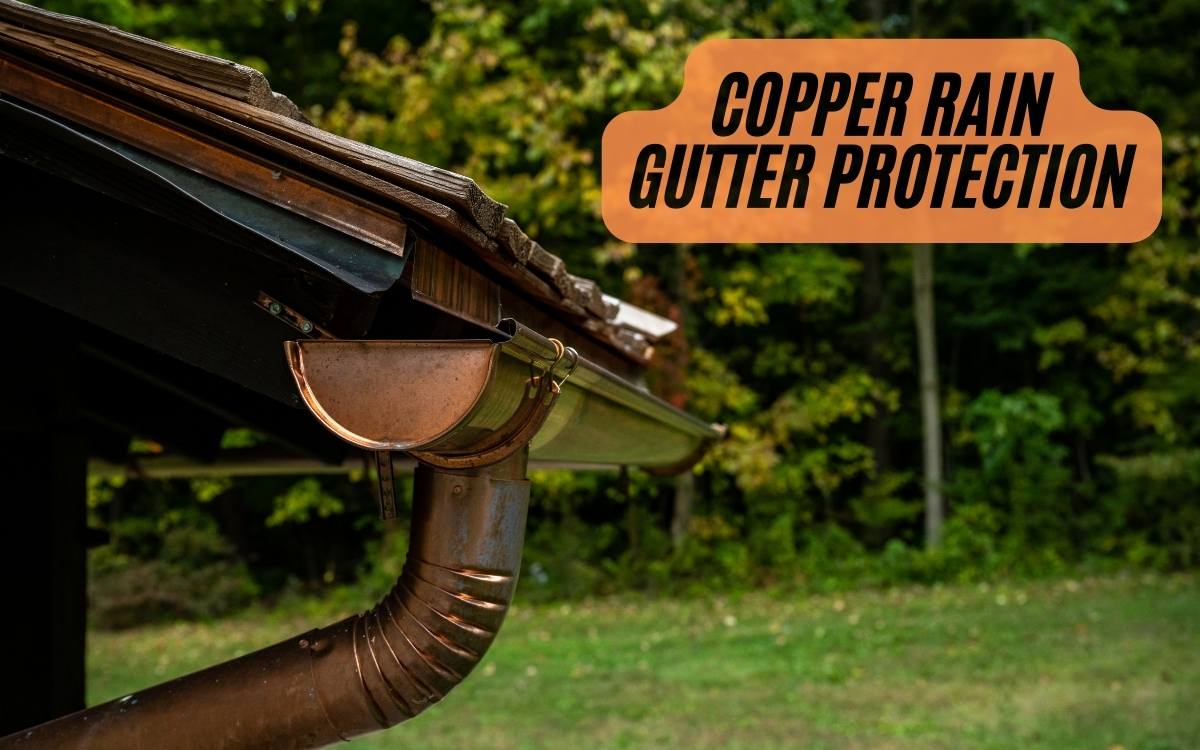HEAT PUMP INSTALLATION: What’s the Real Cost
You're likely wondering what you'll really pay for a heat pump installation, and the answer is that it depends on several key factors that can drive the cost up or down. Generally, heat pump installation costs range from $3,000 to $35,000, with most homeowners spending between $5,800 and $7,500. Factors like home size, heat pump type, and labor costs impact the final price tag. The type of heat pump you choose, its efficiency, and system complexity also play a significant role in determining the overall cost. As you explore your options, you'll find that there's more to ponder, and the next step will help you better understand the true cost and value of a heat pump installation.
Understanding Heat Pump Costs
When it comes to heat pump installation, understanding the costs involved is crucial to making an informed decision.
You're likely wondering what you'll need to budget for. The truth is, heat pump installation costs can vary greatly, ranging from $3,000 to $35,000, with most homeowners spending between $5,800 and $7,500.
Factors like the size of your home, the type of heat pump, and labor costs will all impact the final price tag. To guarantee you're getting the best value for your money, you must take these factors into account.
Types of Heat Pumps and Prices
Beyond the overall cost of heat pump installation, this is vital to ponder the type of heat pump you need, as this will markedly influence your bill.
You've got several options to choose from, each with its own price tag. Air-source heat pumps, for instance, cost between $6,500 and $13,300 to install.
Dual-fuel heat pumps range from $3,000 to $16,500, while ductless mini-split heat pumps fall between $2,500 and $11,000.
If you're looking for something more eco-friendly, solar heat pumps will set you back $17,000 to $32,000, and geothermal heat pumps, the most efficient option, cost between $9,000 and $35,000.
Standard heat pumps are the most affordable, ranging from $3,000 to $9,500, but may not lead to significant energy savings in the long run.
High-efficiency heat pumps, on the other hand, cost between $8,000 and $13,000 and provide significant energy savings each month.
Factors Affecting Heat Pump Pricing
Because the cost of a heat pump can vary greatly, it's crucial to weigh several factors that impact the pricing.
The size of your home is a significant factor, as a larger home requires a more powerful heat pump, increasing the cost.
The type of heat pump you choose also plays a huge role, with high-efficiency models being more expensive than standard ones.
Labor costs, installation costs, and the complexity of the system also affect the overall price.
You'll need to ponder the British Thermal Units (BTU) required for your home and the efficiency of the heat pump.
Benefits and Drawbacks of Heat Pumps
By opting for a heat pump, you're likely to reap some significant benefits, but vitally, you must weigh these advantages against the potential drawbacks.
On the plus side, heat pumps can be up to 50% more efficient than traditional furnaces, saving you money on energy bills. They're also environmentally friendly, producing no emissions or pollution. Additionally, heat pumps can provide both heating and cooling, making them a convenient option.
However, they can be noisy, and their outdoor units may not be aesthetically pleasing. Moreover, heat pumps may not perform well in extremely cold temperatures, and their initial installation cost can be high.
You must prioritize careful consideration of these factors to determine if a heat pump is the right choice for your home.
Additional Installation Costs to Consider
Your heat pump installation cost can add up quickly, and vitally, you must factor in additional expenses beyond the unit itself.
You'll need to ponder the cost of removal and disposal of your old HVAC system, which can range from $440 to $530.
Additional costs may include installation of ductwork, electrical connections, and other necessary components, adding up to $6,600 or more.
Permits typically cost between $250 and $400, and residential hook-up costs range from $1,115 to $1,455.
These expenses can substantially impact your overall cost, so it's vital to factor them into your budget to guarantee a smooth and stress-free installation process.
Incentives and Professional Installation
When planning your heat pump installation, you'll want to explore available incentives that can help offset the costs.
You may be eligible for local and national rebates, tax credits, or other incentives that can substantially reduce your upfront expenses. Additionally, many utility companies offer special rates or discounts for homeowners who install energy-efficient heat pumps.
To maximize your savings, be sure to research these incentives thoroughly and factor them into your overall budget.
It's also vital to ponder hiring a professional to install your heat pump.
Not only will they guarantee a safe and correct installation, but they can also provide valuable guidance on efficiency, heat pump size, and access to local rebates and tax credits.
With their expertise, you can enjoy the benefits of your new heat pump with confidence.
Heat Pump Maintenance and Repair Costs
Maintaining your heat pump regularly helps prevent costly repairs down the line.
By doing so, you'll avoid unexpected expenses that can dent your wallet.
- Regular tune-ups: Schedule annual maintenance checks to guarantee your heat pump is running efficiently and effectively.
- Filter replacements: Replace air filters every 1-3 months to prevent dust and debris from accumulating and causing damage.
- Leak checks: Inspect your heat pump for refrigerant leaks, which can lead to costly repairs if left unchecked.
Long-Term Cost of Ownership and Savings
By investing in a heat pump, you're not only getting a new HVAC system, but also committing to a long-term relationship with your utility bills and maintenance costs.
Over time, you'll likely see significant savings on your energy bills, especially if you opt for a high-efficiency heat pump. According to the US Department of Energy, heat pumps can save homeowners up to 40% on their heating costs.
Additionally, many heat pumps come with warranties that can last up to 10 years, providing you with peace of mind and protection from costly repairs. As you weigh the upfront cost of installation, remember that a heat pump can be a liberating investment in your home's comfort and your wallet's freedom.
Frequently Asked Questions
Can I Install a Heat Pump Myself to Save Money on Labor Costs?
You're wondering if DIY heat pump installation can save you money on labor costs, but be aware that improper installation can lead to safety risks, reduced efficiency, and even void warranties, so it's not recommended.
Are Heat Pumps Suitable for Homes With Radiant Floor Heating Systems?
You're wondering if heat pumps are suitable for homes with radiant floor heating systems? Yes, they can work together, but you'll need to guarantee the heat pump is designed to handle the higher water temperatures required for radiant floor heating.
Can I Use a Heat Pump in Conjunction With a Wood-Burning Stove?
You're wondering if you can use a heat pump in conjunction with a wood-burning stove; yes, you can, and it's a great combo, as the heat pump can supplement the stove's heat on milder days, increasing overall efficiency and comfort.
Do Heat Pumps Work Well in Extremely Cold or Hot Climates?
You're wondering if heat pumps can handle extreme temperatures. The answer is yes, but it depends on the type. Air-source heat pumps can struggle in extremely cold climates, while geothermal heat pumps perform well in both cold and hot climates, making them a great option.
Will a Heat Pump Increase My Home's Value at Resale Time?
You're wondering if a heat pump will boost your home's resale value. The answer is yes, it can! A heat pump installation can increase your home's appeal, especially if you've chosen an energy-efficient model, which can attract eco-conscious buyers and justify a higher selling price.



